![This is a thumbnail image of blog What Are the Causes of Gum Disease? This is a thumbnail image of blog What Are the Causes of Gum Disease?]()
What Are the Causes of Gum Disease?
Jul 21, 2023![This is a thumbnail image of blog Best Practices For A Healthy Smile This is a thumbnail image of blog Best Practices For A Healthy Smile]()
Best Practices For A Healthy Smile
Nov 29, 2022![This is a thumbnail image of blog A Comprehensive Guide to Invisalign in Redmond, OR: Straightening Your Smile with Confidence This is a thumbnail image of blog A Comprehensive Guide to Invisalign in Redmond, OR: Straightening Your Smile with Confidence]()
A Comprehensive Guide to Invisalign in Redmond, OR: Straightening Your Smile with Confidence
Oct 16, 2024![tooth extraction in Redmond, OR tooth extraction in Redmond, OR]()
Understanding the Need for Tooth Extraction: 5 Common Reasons
Mar 19, 2024![This is a thumbnail image of blog Your Entire Body Can Feel Better If You Get Your Gum Disease Treated This is a thumbnail image of blog Your Entire Body Can Feel Better If You Get Your Gum Disease Treated]()
Your Entire Body Can Feel Better If You Get Your Gum Disease Treated
Jun 20, 2019

Dental Cracks Can Increase Nearby Cavities
Several factors can cause dental cracks. They can be due to excessive grinding of your teeth or biting down too hard on a piece of food. Cavities can also cause them. Dental cracks can be dangerous if not addressed. For instance, if caused by a cavity, dental cracks can spread bacteria when the crack opens.
Dental Cracks And Cavities
Both dental cracks and cavities cause damage to the teeth' enamel, exposing the sensitive nerves that often cause pain. However, dental cracks can play a huge part in increasing cavities. A tooth is protected by a thick layer known as the enamel. This layer prevents the entry of bacteria and other pathogens into the tooth. When a tooth is cracked, its enamel is damaged. This makes the teeth vulnerable to bacteria attack. If a nearby tooth has bacteria that cause cavities, they will easily spread to the cracked teeth. This is how cracks contribute primarily to the spread of cavities.
It is important to note that there is a difference between cavities and dental cracks. Cavities are formed gradually when a tooth decays or breaks down. On the other hand, a cracked tooth will typically appear as a sudden onset injury. For example, you might injure your mouth in an accident or by continuously grinding them at night.
There are different symptoms of a cracked tooth. If you have a cracked tooth, you may feel pain when chewing or biting, especially when you bite into solid food. Cracked teeth are also sensitive to cold or hot substances; therefore, you will feel a sharp pain when drinking or eating extremely hot or cold foods. In extreme cases, cracked teeth can lead to the swelling of gums. Visit our offices for detailed information on how dental cracks can lead to increased cavities.
Location
774 SW Rimrock Way, Redmond, OR 97756
Phone: (541) 923-7633
Office Hours
MON8:00 am - 5:00 pm
TUE - THU7:00 am - 5:00 pm
FRI - SUNClosed
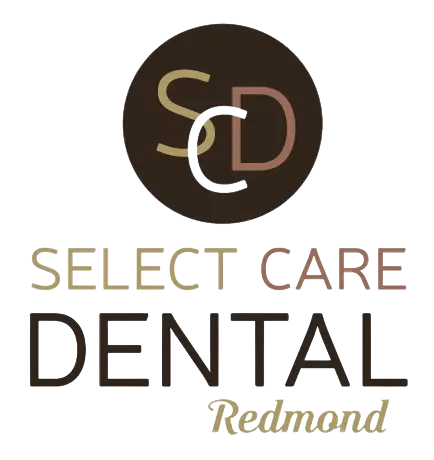
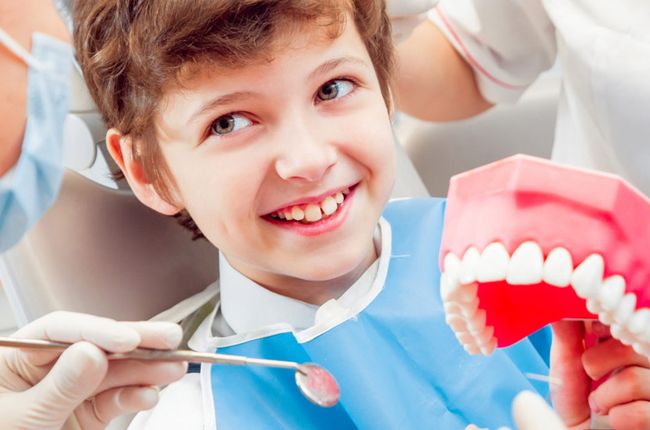










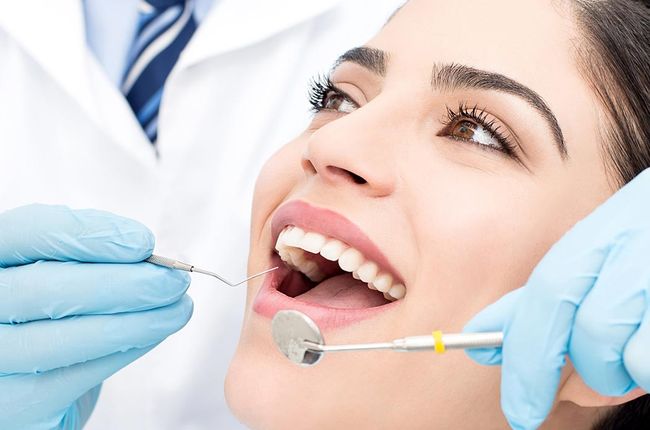




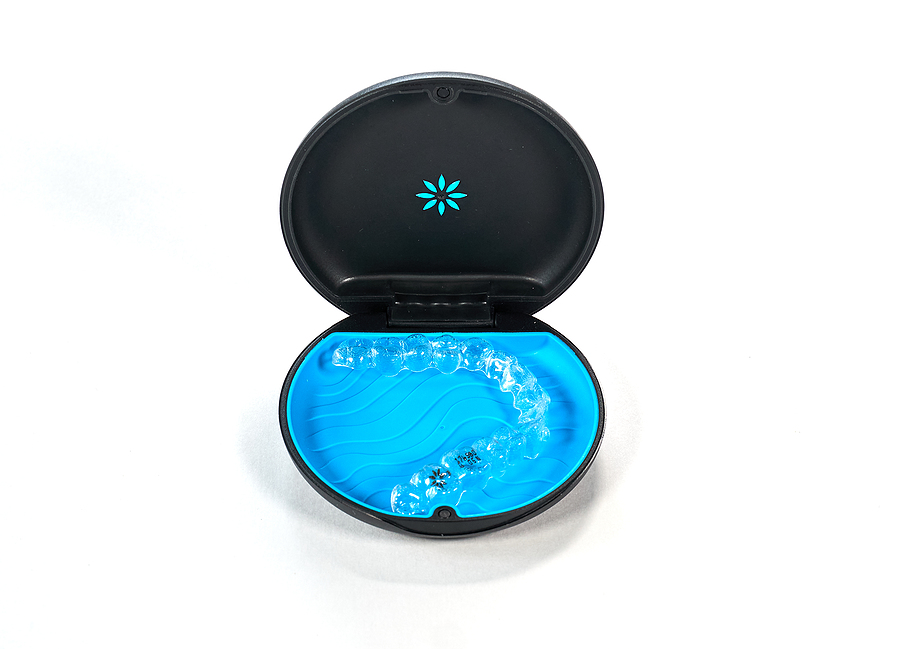
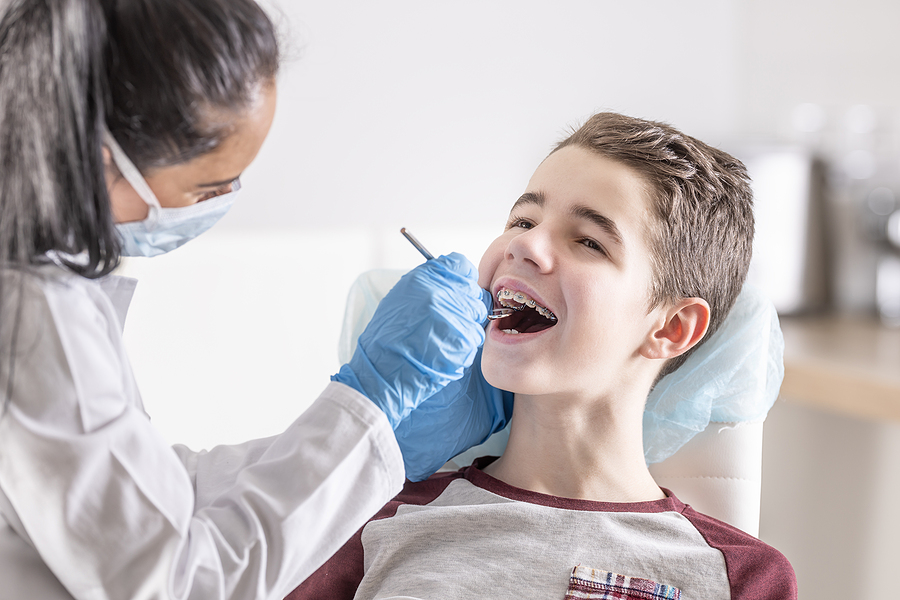

comments